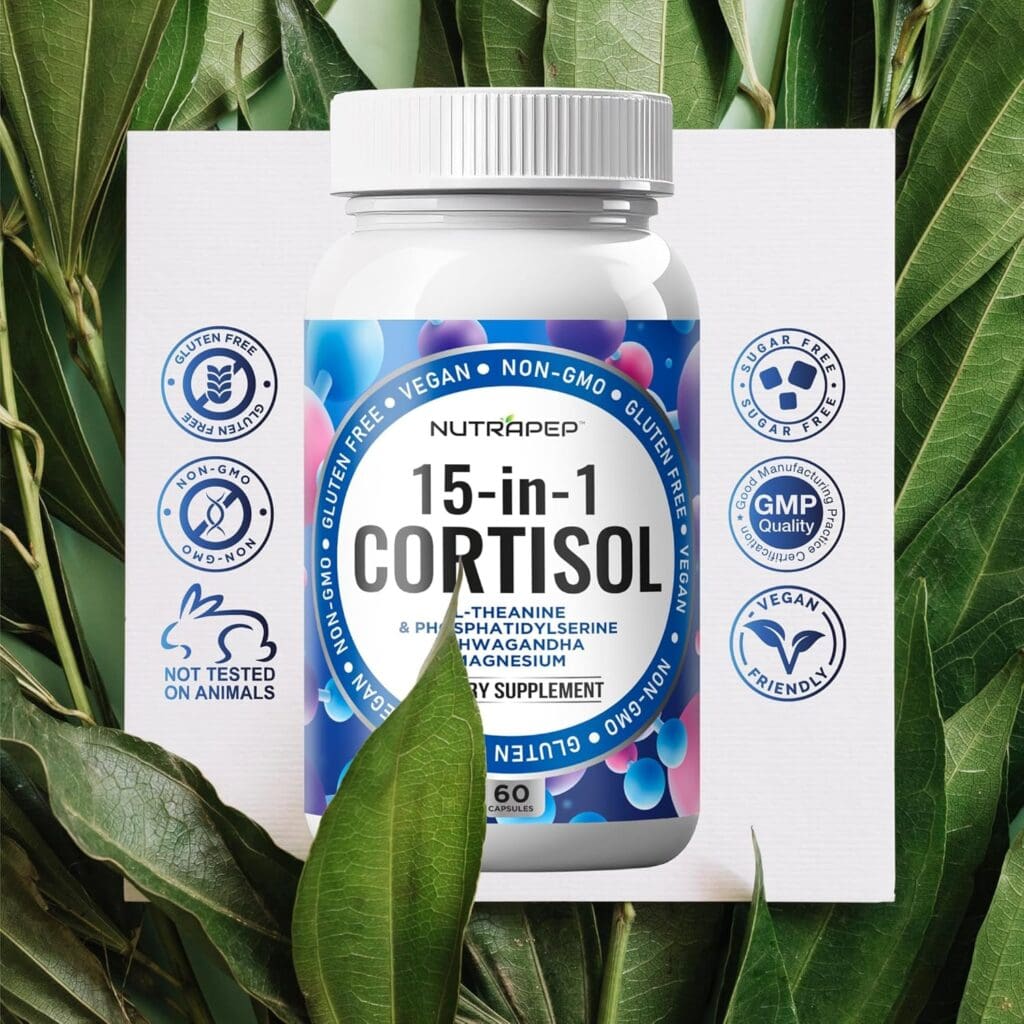
Stress Makes Melasma Worse
Stress impacts your overall health, hormones, skin, and well being, and it can worsen Melasma. It is often referred to as stress-induced melasma.
Additionally, stress can manifest in various ways, affecting physical, emotional, and mental health. One noticeable effect is the development or exacerbation of Melasma and brown spots on the face.
Melasma is a skin condition that causes uneven dark patches on the face. People often call it the “mask of pregnancy” because it frequently affects pregnant women, but it can also occur in women who are not pregnant.
While the exact causes of Melasma are not fully understood, several factors contribute to its development. For instance, anxiety can trigger the early stages of Melasma, part of the stress melasma spectrum. One critical factor is UV (ultraviolet) radiation from the sun, which increases melanin production—the pigment responsible for skin color.
Understanding the Link Between Stress and Melasma
Melasma occurs when the skin produces and deposits excess melanin in specific areas, resulting in dark patches.
Moreover, while UV radiation plays a significant role in the onset of Melasma, recent research has revealed a strong connection between anxiety and the condition, which contributes to what some call stress-related melasma.
When we experience stress and anxiety, our bodies release stress hormones like cortisol, which can disrupt skin cell function. This disruption may lead to increased melanin production, causing Melasma patches to form.
In addition, anxiety can worsen existing Melasma by causing hormonal imbalances. Hormones are crucial in regulating the production and distribution of melanin in our bodies. It is important to remember that stress is a choice, just as peace is.
Therefore, stress and anxiety can disturb this delicate balance, leading to increased melanin production and the appearance of new Melasma patches or darkening existing ones.
Thus, managing stress is essential for overall health and reducing the risk of Melasma development, particularly stress-related melasma.
To that end, adopting calming techniques such as exercise, meditation, deep breathing, and seeking support from loved ones can help mitigate the effects of stress on our skin and overall health.
By understanding the link between anxiety and Melasma, you can take proactive steps to manage anxiety and reduce its impacts on your skin, preventing stress-associated melasma. Ultimately, providing care and employing calming techniques are crucial for maintaining healthy and radiant skin.

NutraPep’s 15-in-1 Cortisol Detox Supplement features a blend of Ashwagandha, Magnesium, L-Theanine, Phosphatidylserine, Rhodiola, GABA, and more. Each ingredient is chosen to help the body adapt to daily challenges, promoting overall well-being, composure, and vitality while supporting healthy adrenal management and balance.


